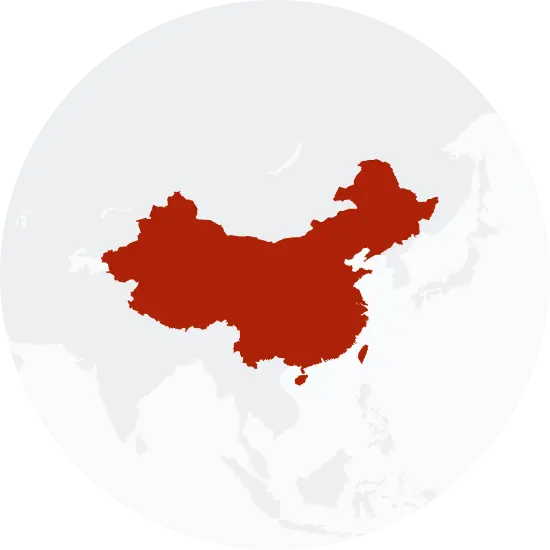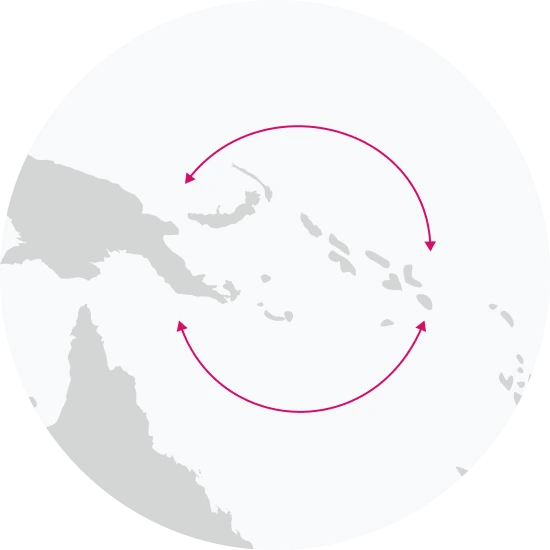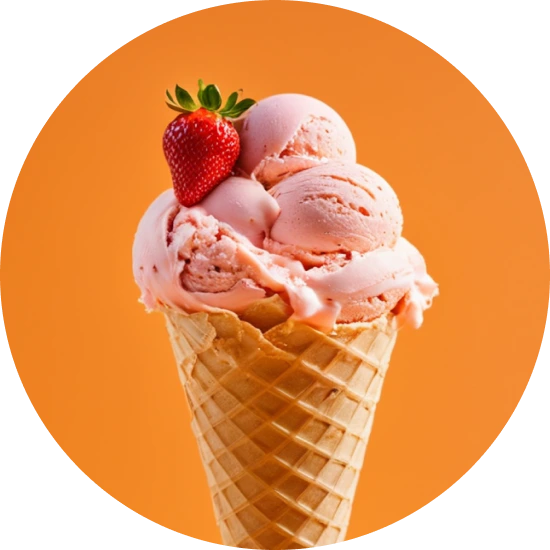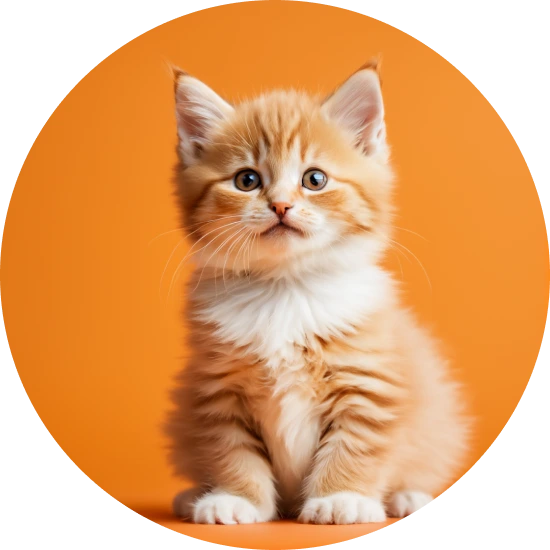Explore the Family Name Au
How common is the last name Au in the United States?
Based on data from the Decennial U.S. Census, the surname Au has seen a surge in prevalence over the years. In 2000, it was ranked 5195 in terms of popularity, but by 2010, it had risen to 4919, marking a 5.31% increase in rank. The count of people bearing this surname also increased from 6177 in 2000 to 7148 in 2010, a significant 15.72% rise. In terms of proportion per 100k population, there was a 5.68% increase, moving from 2.29 in 2000 to 2.42 in 2010.
| 2000 | 2010 | Change | |
|---|---|---|---|
| Rank | #5,195 | #4,919 | 5.31% |
| Count | 6,177 | 7,148 | 15.72% |
| Proportion per 100k | 2.29 | 2.42 | 5.68% |
Race and Ethnicity of people with the last name Au
When looking at the ethnicity breakdown based on the Decennial U.S. Census, most individuals with the Au surname identify as Asian/Pacific Islander, though this percentage decreased slightly from 84.80% in 2000 to 83.07% in 2010. In contrast, those who identified as belonging to two or more races saw an increase from 4.10% in 2000 to 5.69% in 2010. The percentage of people in this surname group identifying as White decreased from 8.98% in 2000 to 8.38% in 2010, while those identifying as Hispanic rose from 1.78% in 2000 to 2.48% in 2010. There were no reported instances of people with the Au surname identifying as Black or American Indian and Alaskan Native in either year.
| 2000 | 2010 | Change | |
|---|---|---|---|
| Asian/Pacific Islander | 84.8% | 83.07% | -2.04% |
| White | 8.98% | 8.38% | -6.68% |
| Two or More Races | 4.1% | 5.69% | 38.78% |
| Hispanic | 1.78% | 2.48% | 39.33% |
| Black | 0% | 0% | 0% |
| American Indian and Alaskan Native | 0% | 0% | 0% |
Au ancestry composition
23andMe computes an ancestry breakdown for each customer. People may have ancestry from just one population or they may have ancestry from several populations. The most commonly-observed ancestry found in people with the surname Au is Chinese, which comprises 59.0% of all ancestry found in people with the surname. The next two most common ancestries are Vietnamese (10.7%) and Chinese Dai (7.1%). Additional ancestries include British & Irish, French & German, Japanese, Spanish & Portuguese, and Filipino & Austronesian.
Ready to learn more about your ancestry? Get the most comprehensive ancestry breakdown on the market by taking our DNA test. Shop 23andMe
| ANCESTRY BREAKDOWN | COMPOSITION |
|---|---|
| Chinese | 59.0% |
| Vietnamese | 10.7% |
| Chinese Dai | 7.1% |
| Other | 23.3% |

Possible origins of the surname Au
Your DNA provides clues about where your recent ancestors may have lived. Having many distant relatives in the same location suggests that you may all share common ancestry there. Locations with many distant relatives can also be places where people have migrated recently, such as large cities. If a large number of individuals who share your surname have distant relatives in a specific area, it could indicate a connection between your surname and that location, stemming from either recent ancestral ties or migration.
Based on 23andMe data, people with last name Au have recent ancestry locations all within China.
| RECENT ANCESTRY Location | Percentage |
|---|---|
| Guangdong, China | 77.30% |
| Zhejiang, China | 74.40% |
| Jiangsu, China | 72.90% |
| Shanghai, China | 71.40% |
| Fujian, China | 70.40% |
What Au haplogroups can tell you
Haplogroups are genetic population groups that share a common ancestor on either your paternal or maternal line. These paternal and maternal haplogroups shed light on your genetic ancestry and help tell the story of your family.
The top paternal haplogroup of people with the surname Au is O-F377, which is predominantly found among people with East Asian & Indigenous American ancestry. Haplogroup O-F377 is descended from haplogroup O-M1359. Other common haplogroups include O-F1275 and R-P312, which are predominantly found among people with East Asian & Indigenous American and European ancestry. Other surnames with similar common haplogroups are: Yang, Chan, Ly, Lee, Chang, Chin, Cheung, Tong, Liu, Tang.
The most common maternal haplogroups of people with Au surname are: H, D4, M7b. These most commonly trace back to individuals of East Asian & Indigenous American and European ancestry.
 Paternal Haplogroup Origins O-M1359
Paternal Haplogroup Origins O-M1359
Your paternal lineage may be linked to many of the Massim groups of Papua New Guinea
Haplogroup O2a is prevalent among Massim ethnic groups, including the populations of Airara, Nomanby, the eastern tip of the mainland, the Trobriand Islands, Gawa, Woodlark, the Laughland Islands, and western Calvados. While Papua New Guinea has been inhabited for over 50,000 years, the Massim may have arrived in the last 2,000 years. Today, these populations remain connected through a traditional island trading system called the Kula Ring. Under this exchange system, residents ensure that goods that are only available on some islands, but that are vitally needed in other islands, are shared among the island populations. Only Massim men participate in the Kula exchange system, and it is common for men to be away from home for months at a time when trading with men from other islands.
Your maternal lineage may be linked to Marie Antoinette
Because it is so dominant in the general European population, haplogroup H also appears quite frequently in the continent's royal houses. Marie Antoinette, an Austrian Hapsburg who married into the French royal family, inherited the haplogroup from her maternal ancestors. So did Prince Philip, Duke of Edinburgh, whose recorded genealogy traces his female line to Bavaria. Scientists also discovered that famed 16th century astronomer Nicolaus Copernicus traced his maternal lineages to haplogroup H.

What do people with the surname Au have in common?
Spoiler alert: it's complicated. People with the same last name are usually no more genetically similar than a randomly sampled group of people from the same population. That said, people with the same surname are more likely to have similar ancestries than randomly sampled individuals. The reason is the tendency of people with similar cultural or geographical backgrounds to preferentially mate with one another. That's why people who share a surname may be more likely to share traits and tendencies in common than people within the general population. Check out the percentages below to see the prevalences of tastes, habits, and traits of people with your surname compared with prevalences among 23andMe users.
Preferences
Traits
Habits
Wellness
Are health conditions linked to the last name Au?
The short answer is that, if there is an association between surname and health, it's usually more about your ancestry than your name. Individuals with a given surname are no more genetically similar than the general population but often have similar ancestries. The populations of people associated with those shared ancestries often have sets of genetic variations, also known as alleles, in common. Some of those alleles are associated with a greater likelihood of developing certain diseases.
Disease variant frequency by ancestry
Disease allele frequencies in populations associated with the surname Au are shown below. Important Note: not everyone with a disease allele will develop these health condition














